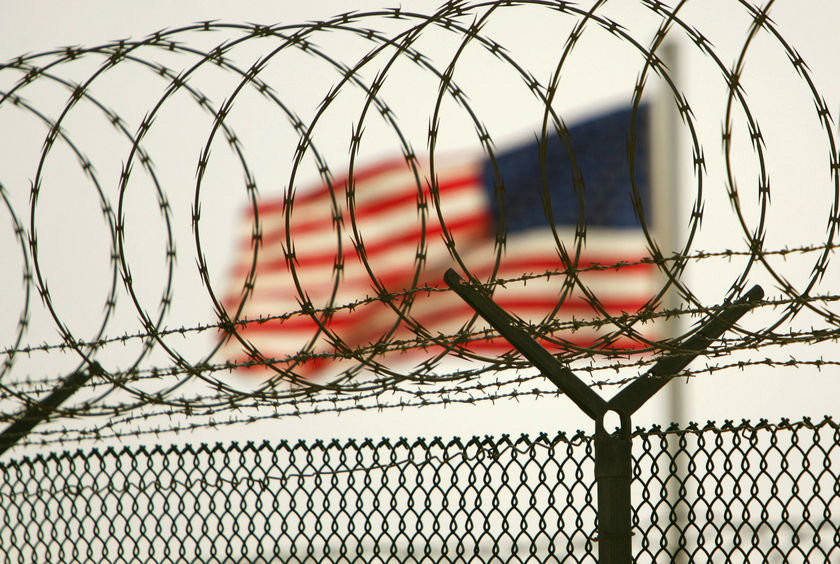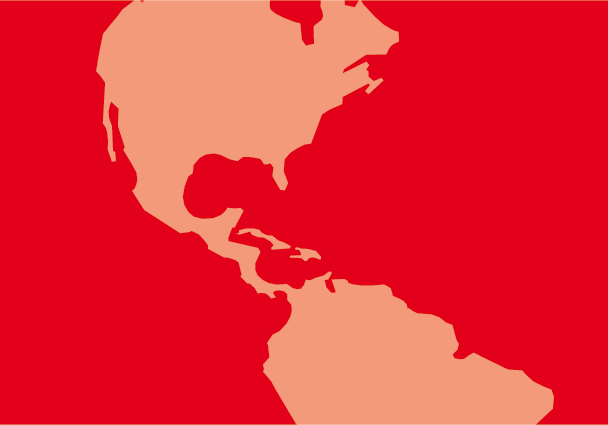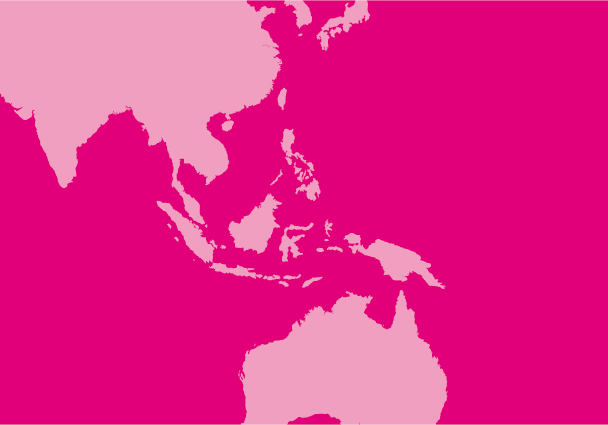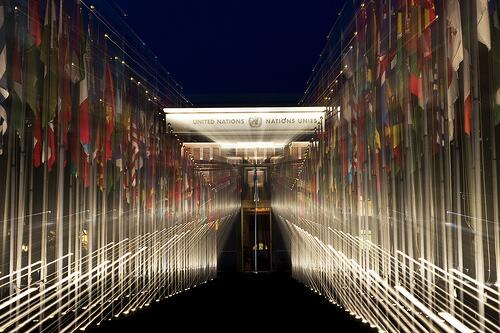


ICJ convenes second expert roundtable on asylum claims based on sexual orientation and/or gender identity
Today, the International Commission of Jurists (ICJ) held its second expert roundtable on asylum claims based on sexual orientation and/or gender identity.
Participants included asylum judges, lawyers, and academics, as well as officials from the Office of the UN High Commissioner for Refugees and staff members from a number of civil society organizations.
Prof. Hathaway, Director of the Program in refugee and asylum law at the University of Michigan Law School, Prof. Anker, Director of the Harvard Law School’s Immigration and Refugee Clinical Program, and Judge Lars Bay Larsen, judge of the Court of Justice of the European Union, were the main speakers at the roundtable. Each delivered a presentation focussing on different normative aspects of asylum claims based on sexual orientation and/or gender identity.
The programme of the second expert roundtable, including a list of all participants, can be downloaded here.
This roundtable forms part of a broader ICJ’S project on international protection claims based on sexual orientation AND/OR gender identity. The programme of the first roundtable organised in Brussels last June can be downloaded here. The ICJ’s commentary on the related CJEU judgment in X, Y and Z v. the Netherlands can be downloaded here.

Guatemala: la CIJ lamenta que el Congreso no haya permitido un proceso de deliberación en la elección de magistrados de Salas y de Corte Suprema de Justicia
Del 27 de septiembre al 2 de octubre del presente año, la CIJ llevó a cabo una misión integrada por el comisionado de la CIJ José Antonio Martín Pallín y Ramón Cadena, Director de la CIJ para Centroamérica.
El objeto de la misma fue analizar el proceso de elección de magistrados de la Corte Suprema de Justicia.
La misión se entrevistó con el Procurador de los Derechos Humanos, diferentes organizaciones no gubernamentales, defensores y defensoras de derechos humanos, miembros del cuerpo diplomático, abogados y abogadas que han participado en otros procesos de elección por medio de comisiones de postulación y jueces y juezas del Organismo Judicial.
Guatemala-CIJ visita a Guatemala-News-web story-2014-SPA (full text in PDF)

Guatemala: la CIJ pide que no se prorrogue estado de prevención
Este communicado sigue una nueva visita a San Juan Sacatepéquez, con el objeto de observar la situación de derechos humanos en dicho municipio.

ICJ conducts training on fair trial standards and trial monitoring for Vietnamese lawyers
On 24-26 September 2014, the ICJ conducted a workshop on fair trial standards and trial monitoring for Vietnamese lawyers in Manila, Philippines.
The objectives of the workshop were to strengthen the participants’ understanding of fair trial standards and to increase the pool of trained lawyers available to conduct trial monitoring activities in the ASEAN region.
As part of the workshop, the participants observed several criminal proceedings at the Regional Trial Court of Quezon city and visited the Paranaque City Jail, in Manila.
The speakers included experts from the Free Legal Aid Group (FLAG), the Human Rights Resource Center (HRRC), and the Asian International Justice Initiative (AIJI).
The ICJ’s manual on trial monitoring, which was used at the training, provides trial observers with practical guidance on how to prepare for a trial observation mission, carry out the observation and write the follow-up report.
It also provides a synthesis of the basic legal standards applicable in relation to (i) the right to a fair trial, (ii) the right to remedy of victims of human rights violations, and (iii) combating impunity.

Resolutions on sexual orientation, civil society, adopted as Human Rights Council session ends
As the UN Human Rights Council approached the conclusion of its 27th regular session tonight, it adopted resolutions including on the topics of violence and discrimination on the basis of sexual orientation or gender identity and the protection of civil society space.
The resolutions on civil society space, and on non-violence and non-discrimination on grounds of sexual orientation or gender identity, were adopted after a series of hostile amendments were defeated.
The resolution on sexual orientation and gender identity, led by Brazil, Chile, Colombia and Uruguay, recognizes the worldwide problem of violence and discrimination, and builds on a resolution on the same subject from 2011. It calls for the High Commissioner for Human Rights to update the report produced under the 2011 resolution.
The States that supported the resolution on sexual orientation and gender identity overcame a series of amendments brought by Congo, Djibouti, Egypt, Malaysia, Nigeria, South Sudan, Uganda, and United Arab Emirates. The amendments would have among other things deleted all references to sexual orientation and gender identity from the resolution text, fundamentally changing its purpose, and perpetuating a complete denial of the very real violence and discrimination inflicted on lesbian, gay, bisexual, transexual and intersex people in all regions of the world.
The civil society space resolution, which was led by Chile, Ireland, Japan, Sierra Leone, Tunisia, draws on discussions at a Panel convened by the Council earlier in the year. It affirms the valuable contribution made by civil society in countries around the world, expresses concern about the threats and challenges faced by civil society, and requests the High Commissioner for Human Rights to produce practical recommendations for addressing these threats and concerns.
The texts of the resolutions (in the final draft form on which they were adopted – the official final versions are not yet available) are available here: Civil Society Resolution Sexual Orientation Gender Identity Resolution
A joint NGO press release on the resolution on sexual orientation and gender identity is available here.
The ICJ maintains databases of jurisprudence, legislation and UN action on the topic of sexual orientation and gender identity.




